Home>Interior Design>Can You Shampoo A Mattress? Experts Respond To The Technique
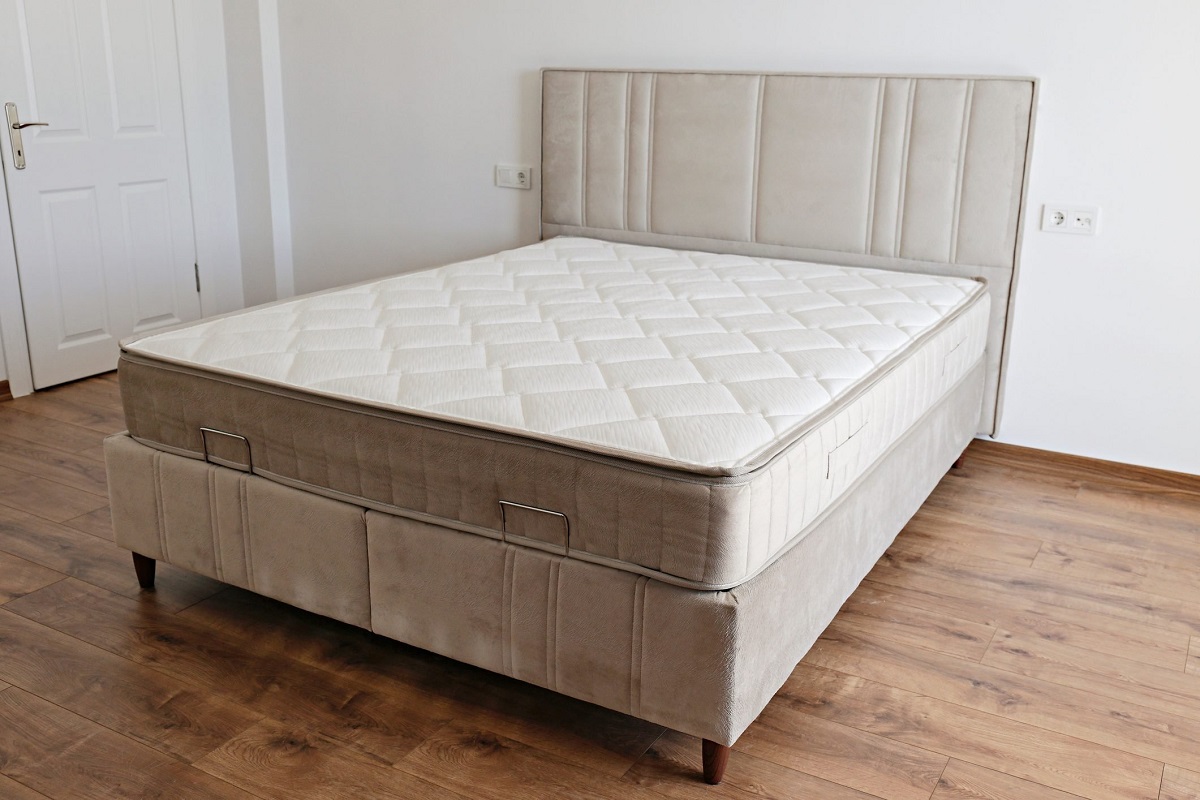

Interior Design
Can You Shampoo A Mattress? Experts Respond To The Technique
Modified: March 21, 2024
Learn the proper techniques for shampooing a mattress from interior design experts. Discover how to keep your mattress clean and fresh for a better night's sleep.
(Many of the links in this article redirect to a specific reviewed product. Your purchase of these products through affiliate links helps to generate commission for Storables.com, at no extra cost. Learn more)
Introduction
When it comes to maintaining a clean and hygienic home, many people tend to overlook one crucial aspect – their mattresses. We often spend a significant amount of time in close contact with our mattresses, so it’s essential to understand the importance of regular cleaning and how it can contribute to a healthier living environment.
A mattress is not just a place to rest; it can also become a breeding ground for dust mites, bacteria, and allergens if not properly maintained. These unseen culprits can lead to various health issues, including allergies, respiratory problems, and skin irritations. Therefore, investing time and effort into keeping your mattress clean is not only necessary but also beneficial for your overall well-being.
One popular technique that people often wonder about is shampooing their mattress. Is it an effective method? Can you really shampoo a mattress? In this article, we will delve into the concept of mattress cleanliness, explore the importance of regular cleaning, and address the question of whether or not you can shampoo a mattress.
Key Takeaways:
- Regularly cleaning your mattress is crucial for eliminating allergens, bacteria, and odors, ensuring a fresh and comfortable place to rest and promoting a healthy sleeping environment.
- Prioritize the well-being of your mattress by following manufacturer’s guidelines, considering alternative cleaning methods, and implementing best practices for maintaining a clean mattress.
Read more: Where Can You Buy Mattress
Understanding Mattress Cleanliness
Mattress cleanliness goes beyond just removing visible stains and odors. It involves eliminating microscopic particles, such as dust mites, bacteria, fungi, and allergens that accumulate over time. These contaminants can easily find their way into our mattresses through factors like shedding skin cells, sweat, and even pet dander.
Dust mites, in particular, are common inhabitants of mattresses. These tiny creatures thrive in warm and humid environments and feed on dead human skin cells. They can contribute to allergies and asthma symptoms, making mattress cleanliness crucial for individuals prone to respiratory issues.
Regular cleaning and maintenance are key to preventing the buildup of these unwanted guests. Vacuuming the mattress at least once a month can help remove surface dust and allergens. However, vacuuming alone may not be enough to thoroughly clean the mattress and eliminate more stubborn contaminants.
That’s why many people consider shampooing as a potential solution to deep clean their mattresses. Shampooing involves using a special cleaning solution to cleanse the fabric and remove stains and odors effectively. But is shampooing really a feasible method for mattress cleanliness?
The Importance of Cleaning Mattresses
Properly cleaning your mattress is more than just improving its appearance or eliminating unpleasant odors. It plays a vital role in maintaining a healthy sleeping environment and promoting overall well-being.
Here are a few key reasons why regular mattress cleaning is essential:
1. Elimination of Allergens: As mentioned earlier, mattresses can harbor allergens like dust mites, pollen, and pet dander. These allergens can trigger allergic reactions or worsen existing allergies, leading to symptoms such as sneezing, coughing, watery eyes, and congestion. Regular cleaning helps reduce the allergen load and provides relief for allergy sufferers.
2. Prevention of Respiratory Issues: Dust mites and their waste products can cause respiratory problems, particularly for individuals with asthma or respiratory conditions. Deep cleaning techniques, such as shampooing, can effectively remove these microorganisms and provide a cleaner breathing environment, reducing the risk of respiratory issues.
3. Improved Sleep Quality: A clean and fresh-smelling mattress can contribute to a more restful sleep. Hiding within an unclean mattress are bacteria and fungi that produce unpleasant odors. By eliminating these odor-causing culprits, you’ll promote a peaceful and inviting sleep environment.
4. Prolonged Mattress Lifespan: Regular cleaning helps extend the lifespan of your mattress. Removing stains, moisture, and dust reduces the overall wear and tear on the fabric and materials, ensuring your mattress stays comfortable and supportive for a longer period.
5. Enhanced Hygiene: Maintaining a clean mattress is vital for maintaining overall cleanliness and hygiene in your home. A dirty mattress can harbor bacteria that can transfer to other areas of your home, compromising the health and well-being of your household.
By understanding the importance of cleaning mattresses and the potential benefits it can bring, you can prioritize regular mattress maintenance and explore effective cleaning methods like shampooing for a thorough and deep cleanse. Remember, a clean mattress isn’t just about appearance; it’s about investing in your health and sleep quality.
Can You Shampoo a Mattress?
When it comes to cleaning a mattress, one commonly discussed method is shampooing. The idea behind mattress shampooing is to use a specialized cleaning solution to deep clean the fabric, remove stains, and eliminate odors. However, it’s important to understand that mattresses are not designed to withstand excessive moisture or saturation.
Most mattresses have multiple layers that can trap moisture, including foam, padding, and even springs. Excessive moisture can lead to the growth of mold, mildew, and bacteria, which can pose health risks and cause the mattress to deteriorate over time. Therefore, it’s crucial to exercise caution when considering shampooing as a cleaning method for your mattress.
If you decide to proceed with mattress shampooing, there are a few important factors to keep in mind:
1. Check the Manufacturer’s Guidelines: Before attempting to shampoo your mattress, it’s crucial to read and follow the manufacturer’s guidelines. Some mattress warranties may be voided if improper cleaning methods, such as excessive moisture or the use of certain cleaning agents, are used.
2. Spot Test: Before applying any cleaning solution, it’s advisable to spot test a small, inconspicuous area of the mattress to ensure that it doesn’t cause discoloration, damage, or adverse reactions.
3. Use a Suitable Cleaner: If you decide to shampoo your mattress, choose a cleaner specifically designed for mattresses or upholstery. Avoid using harsh chemicals, bleach, or excessive amounts of water. It is essential to strike a balance between effective cleaning and avoiding over-saturation.
4. Allow Sufficient Drying Time: After shampooing, allow your mattress to dry completely before placing any bedding or using it. This will help prevent the growth of mold or mildew.
5. Consider Professional Cleaning: If you’re unsure about shampooing your mattress yourself or if your mattress requires a more thorough cleaning, it may be worth considering professional mattress cleaning services. These professionals have the expertise, equipment, and knowledge to properly clean your mattress without causing damage or compromising its integrity.
Ultimately, whether or not you can shampoo your mattress depends on various factors, including the type and condition of your mattress, the cleaning products used, and your comfort level with the process. It’s crucial to prioritize the well-being and longevity of your mattress while improving its cleanliness.
Yes, you can shampoo a mattress to remove stains and odors. Use a small amount of mild detergent mixed with water, and gently scrub the affected areas. Allow the mattress to dry completely before using it again.
Experts’ Responses to Shampooing a Mattress
When it comes to the question of whether or not you can shampoo a mattress, experts in the field have varying opinions and recommendations. While some believe that shampooing can be a viable cleaning method if done properly, others express caution and suggest alternative cleaning approaches. Let’s explore the perspectives of these experts:
1. Mattress Manufacturers: Many mattress manufacturers advise against shampooing or excessive moisture application on their mattresses. They typically recommend vacuuming, spot cleaning with mild detergent and water, and using mattress protectors to prevent stains and spills. Following the manufacturer’s guidelines is crucial to avoiding any potential damage or voiding the warranty.
2. Allergy and Asthma Experts: Allergy and asthma experts emphasize the need for thorough mattress cleaning to eliminate allergens. While some acknowledge the potential benefits of shampooing, they emphasize the importance of proper drying to prevent mold growth. They also suggest considering alternative methods, such as steam cleaning, which can effectively sanitize the mattress without excessive moisture.
3. Professional Cleaners: Professional mattress cleaning companies often use specialized equipment, such as low-moisture or dry-cleaning methods, to clean mattresses effectively. These methods involve using controlled amounts of moisture and specialized cleaning solutions to minimize drying time and prevent saturation. Seeking professional cleaning services can ensure a deep and thorough mattress cleanse while minimizing the risk of damage.
4. DIY Cleaning Experts: Some DIY cleaning experts advocate for shampooing mattresses if done with caution. They suggest using gentle cleaning agents, avoiding over-saturation, and ensuring proper drying. Additionally, they recommend spot testing and following a comprehensive cleaning process to remove stains and odors effectively.
It is important to note that each mattress is unique, and the decision to shampoo should be based on the manufacturer’s guidelines, the condition of the mattress, and personal comfort level with the chosen cleaning method. If you decide to shampoo your mattress, it’s advisable to exercise caution, follow recommended procedures, and consult with professionals if needed.
Remember, the goal is to achieve a clean and hygienic sleeping environment while preserving the integrity and longevity of your mattress. Considering expert advice and exploring alternative cleaning methods can help you make an informed decision on the best approach for your specific mattress.
Read more: Can You Wash A Mattress Cover?
Alternative Methods of Cleaning a Mattress
While shampooing a mattress may not be suitable for all situations, there are alternative methods that can effectively clean your mattress and maintain its freshness. These methods offer different approaches to removing stains, odors, and allergens without risk of over-saturation:
1. Vacuuming: Regular vacuuming is an essential part of mattress maintenance. Use a vacuum cleaner with a brush attachment to thoroughly clean the surface of the mattress, focusing on areas where debris, dust, and allergens tend to accumulate. This helps remove loose particles and surface-level contaminants.
2. Spot Cleaning: Spot cleaning is useful for addressing specific stains or spills on your mattress. Mix a small amount of mild detergent with water and gently blot the stained area using a clean cloth or sponge. Remember to avoid excessive moisture and thoroughly dry the spot afterward.
3. Baking Soda: Baking soda is a versatile household ingredient that can help absorb odors and freshen up your mattress. Sprinkle a generous amount of baking soda over the mattress, gently rub it into the fabric, and let it sit for a few hours to absorb any unpleasant smells. Vacuum up the baking soda using the brush attachment to remove both the powder and any trapped odors.
4. Steam Cleaning: Steam cleaning is an effective method for sanitizing and deep cleaning your mattress. A steam cleaner can penetrate deep into the mattress layers, eliminating allergens, bacteria, and germs without excessive moisture. Follow the manufacturer’s instructions for steam cleaner use and ensure proper drying time afterward.
5. UV Light Treatment: UV light treatment is another option for reducing the presence of allergens and microorganisms on your mattress. UV devices emit powerful ultraviolet light that helps kill dust mites, bacteria, and other pathogens. Follow the instructions provided with the UV device and ensure safety precautions are observed during use.
It’s essential to remember that prevention is key to maintaining a clean and hygienic mattress. Regularly rotating and flipping your mattress can help distribute wear and tear evenly, prolonging its lifespan. Additionally, using a mattress protector can provide an additional barrier against stains, spills, and allergens.
Choosing the right cleaning method for your mattress depends on factors such as the type of stains, the extent of dirt and debris, and personal preference. Prioritize the health and maintenance of your mattress while considering safety precautions and manufacturer recommendations to ensure a successful cleaning routine.
Best Practices for Maintaining a Clean Mattress
Maintaining a clean mattress goes beyond periodic deep cleaning. Incorporating regular maintenance practices can help extend the lifespan of your mattress and ensure you have a hygienic sleeping environment. Here are some best practices for keeping your mattress clean:
1. Use a Mattress Protector: Invest in a high-quality mattress protector or encasement to shield your mattress from spills, stains, dust, and allergens. This protective barrier prevents substances from seeping into the mattress, making it easier to clean and maintain.
2. Wash Bedding Frequently: Wash your sheets, pillowcases, and other bedding regularly to remove sweat, oils, and skin cells that can accumulate on the surface of the mattress. Aim to wash them at least once every one to two weeks on a hot water setting to eliminate dust mites and bacteria.
3. Rotate and Flip Your Mattress: Rotating and flipping your mattress every few months can help distribute the weight and wear more evenly, minimizing sagging and extending its lifespan. Refer to the manufacturer’s instructions to determine if your mattress is designed for flipping.
4. Vacuum Your Mattress: Regular vacuuming helps remove surface dust, debris, and allergens from your mattress. Use a vacuum cleaner with a brush attachment to thoroughly clean all sides of the mattress, focusing on the seams and edges where contaminants tend to accumulate.
5. Air Out Your Mattress: Allow your mattress to breathe by removing the bed sheets and opening windows to promote airflow. This helps prevent the buildup of moisture and reduces the chances of mold and mildew growth.
6. Address Stains and Spills Immediately: Accidents happen, and when spills or stains occur on your mattress, it is important to address them promptly. Blot the affected area with a clean cloth or towel to absorb excess liquid, and then use appropriate cleaning methods, such as spot cleaning, to remove the stain or odor.
7. Avoid Eating or Drinking in Bed: Enjoy your snacks and beverages elsewhere to minimize the chances of spills and stains on your mattress. Eating or drinking in bed increases the risk of introducing crumbs, liquid spills, and odors that can be challenging to remove.
8. Keep Pets Off the Mattress: While we love our furry friends, their presence on the mattress can introduce pet dander, hair, and even accidents. Encourage your pets to sleep in their designated areas to maintain a cleaner sleeping surface.
By following these best practices, you can maintain a clean and hygienic mattress for a better sleep experience. Regular cleaning, protection, and preventive measures will contribute to the overall longevity and freshness of your mattress, providing a healthier environment for you and your loved ones.
Conclusion
Keeping your mattress clean is essential for promoting a healthy and hygienic sleeping environment. Regular cleaning and maintenance help eliminate allergens, bacteria, and odors, ensuring a fresh and comfortable place to rest. While shampooing a mattress is a debated topic, it is important to consider the manufacturer’s guidelines and expert advice before proceeding.
Regardless of whether you choose to shampoo your mattress or explore alternative cleaning methods, there are several key takeaways to remember:
First, prioritize the well-being of your mattress by following the manufacturer’s guidelines for cleaning and maintenance. This will help prevent any potential damage or warranty voids.
Second, consider alternative methods of cleaning your mattress, such as vacuuming, spot cleaning, using baking soda, steam cleaning, or UV light treatment. These methods can effectively remove stains, odors, and allergens without risking over-saturation.
Third, implement best practices for maintaining a clean mattress. Use a mattress protector, wash bedding regularly, rotate and flip your mattress, vacuum it frequently, and address stains and spills immediately. These practices will help maintain the cleanliness and longevity of your mattress.
Ultimately, the goal is to create a clean and healthy sleeping space that promotes sound sleep and overall well-being. By adopting proper cleaning techniques and habits, you can ensure a clean mattress and enjoy the benefits of a hygienic restful environment.
Remember, when in doubt, consult with professionals or seek advice from mattress manufacturers or cleaning experts to make informed decisions about cleaning methods and products.
Investing time and effort into maintaining a clean mattress is a small price to pay for the comfort, health, and longevity it provides. So, let’s prioritize mattress cleanliness and enjoy a restful and rejuvenating sleep experience night after night.
Frequently Asked Questions about Can You Shampoo A Mattress? Experts Respond To The Technique
Was this page helpful?
At Storables.com, we guarantee accurate and reliable information. Our content, validated by Expert Board Contributors, is crafted following stringent Editorial Policies. We're committed to providing you with well-researched, expert-backed insights for all your informational needs.
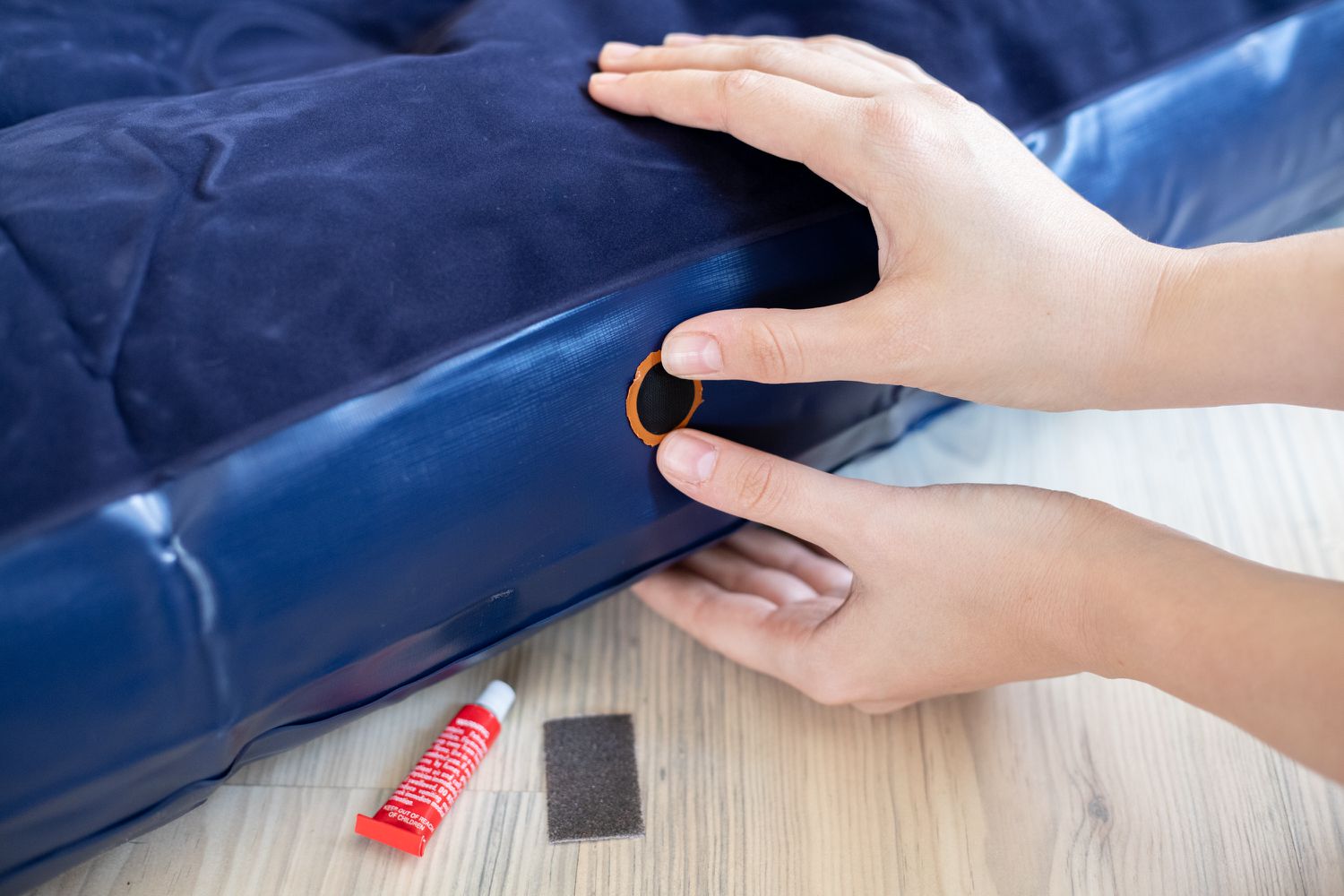
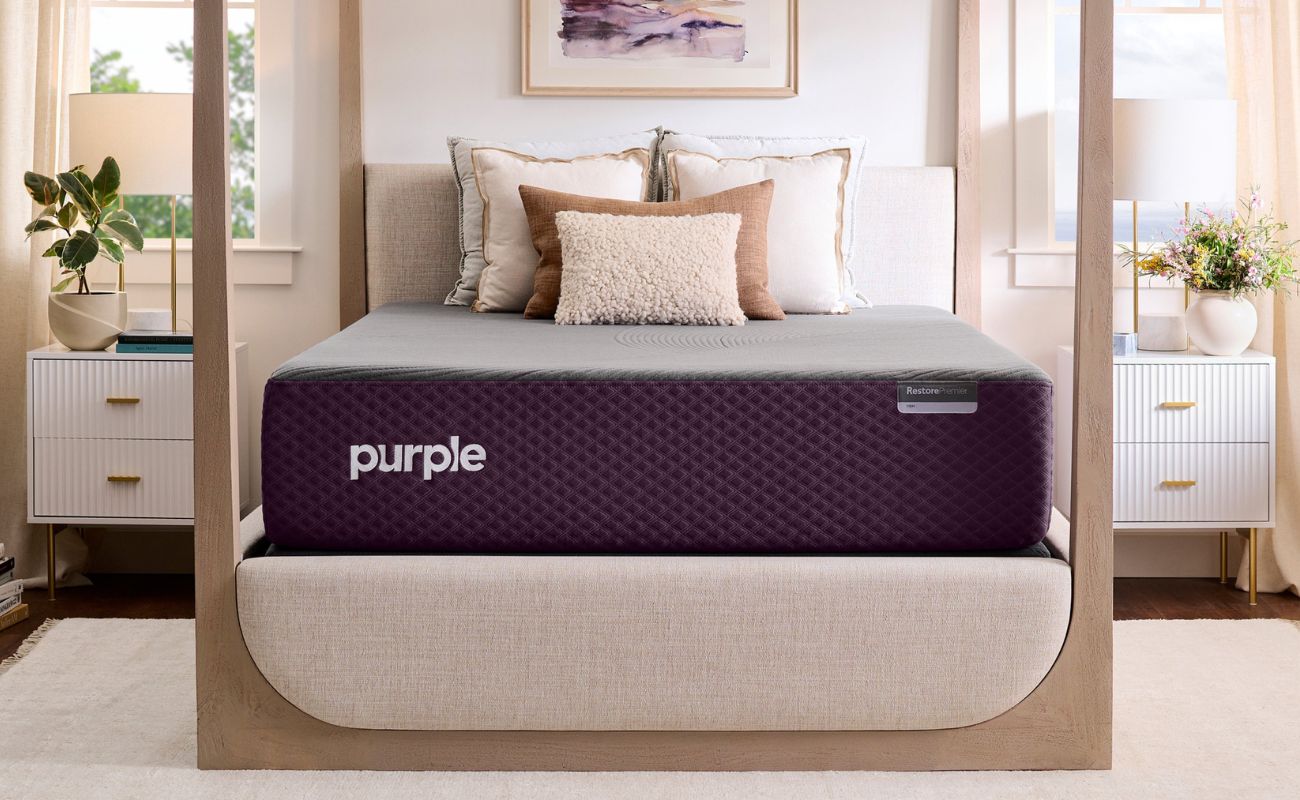
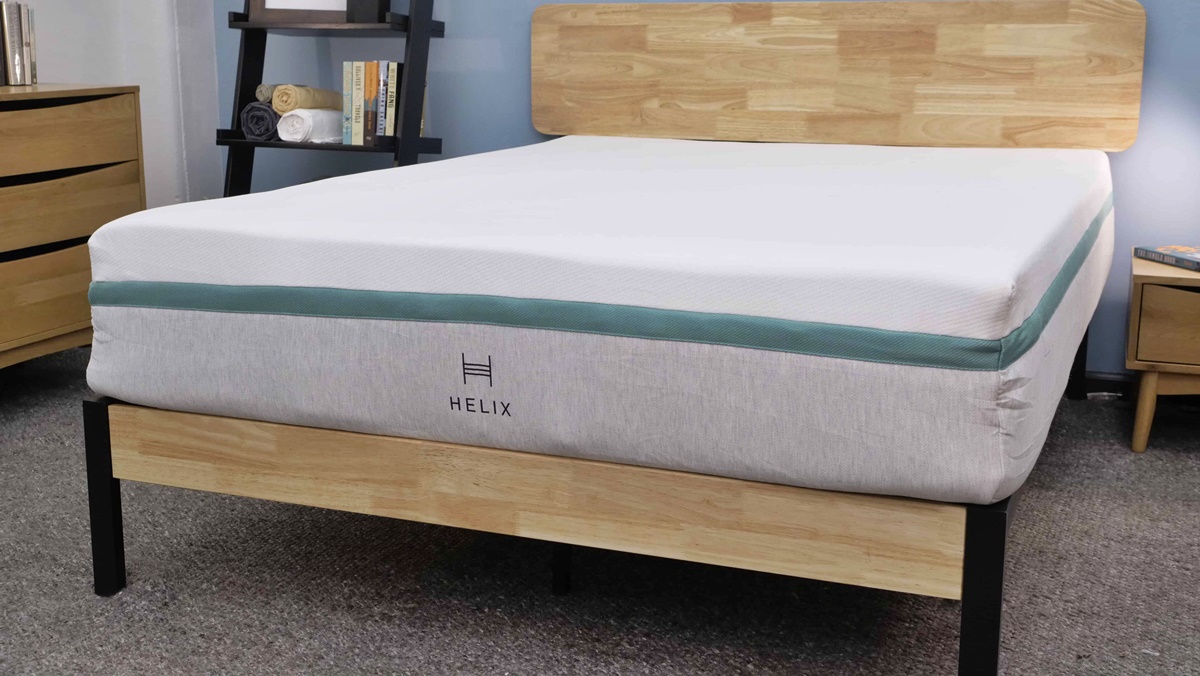
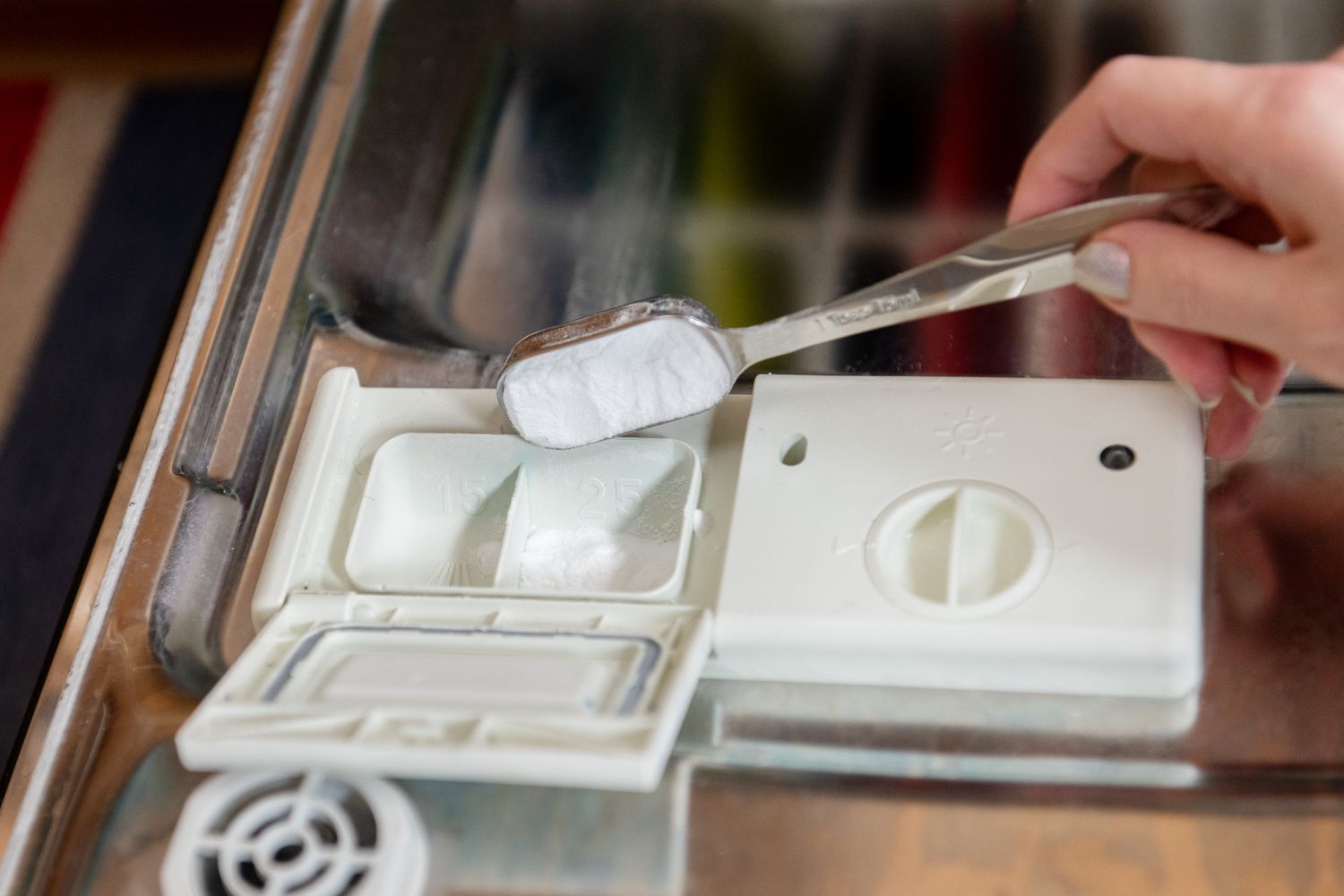

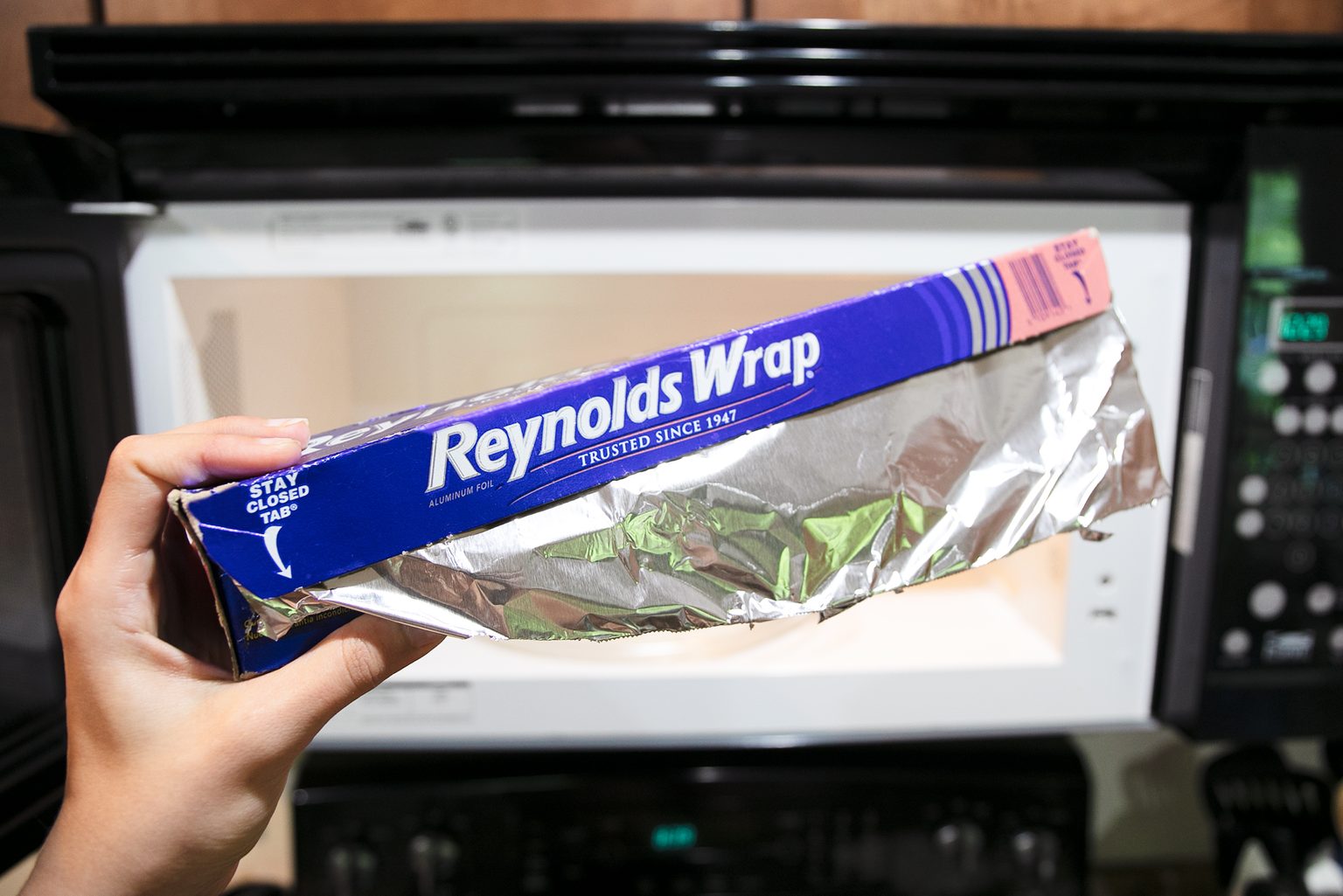
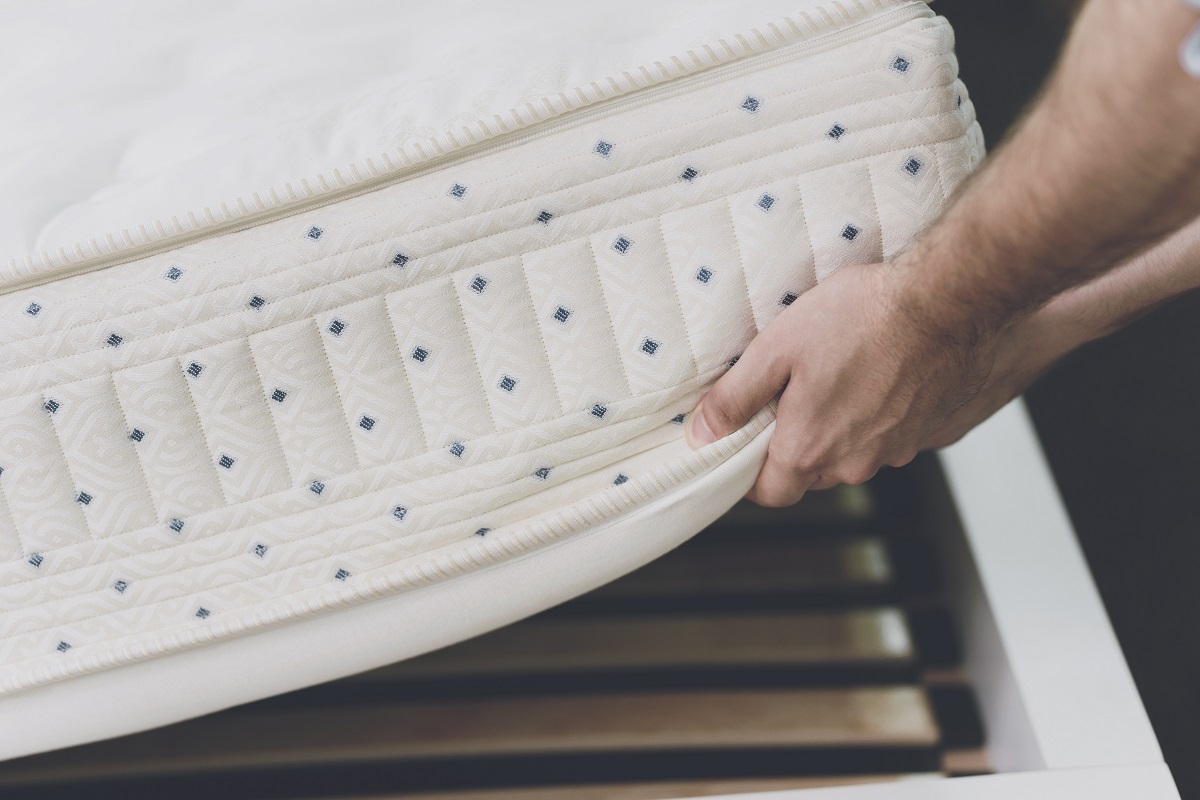
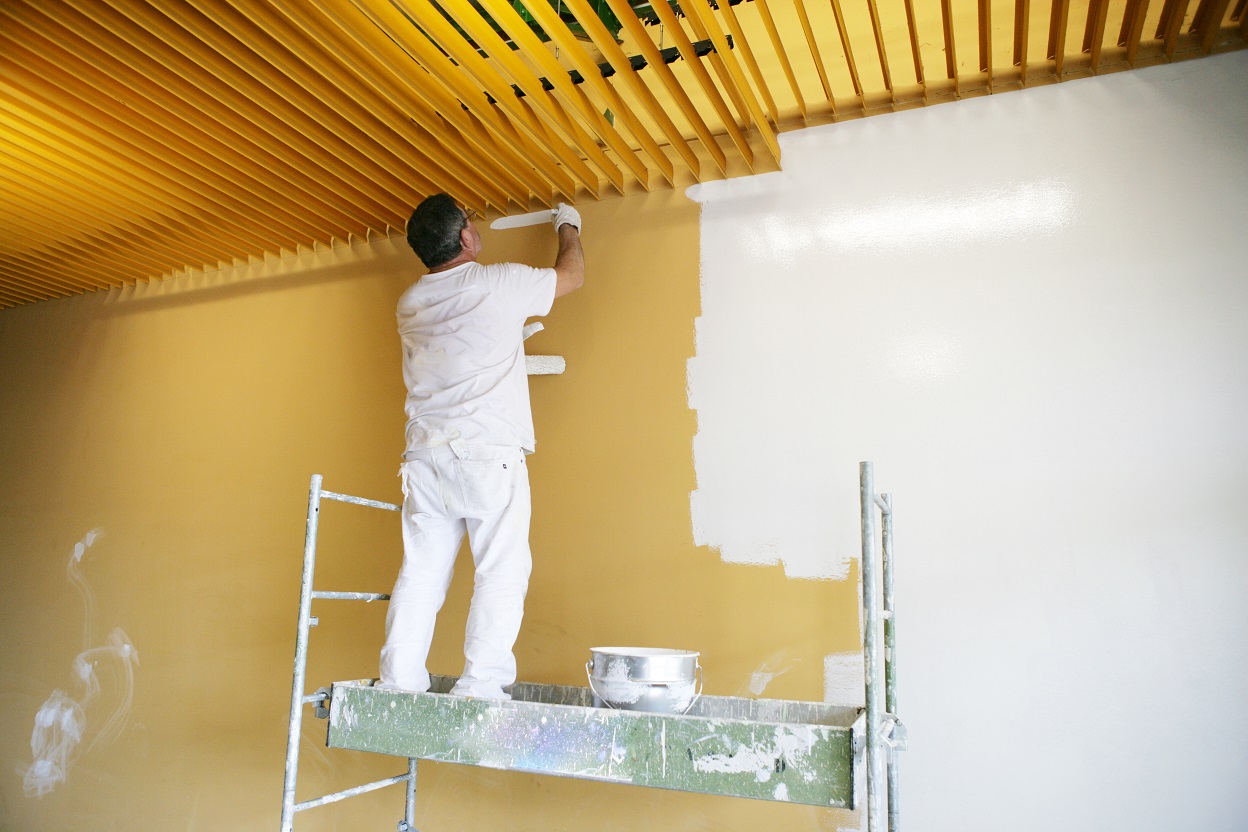
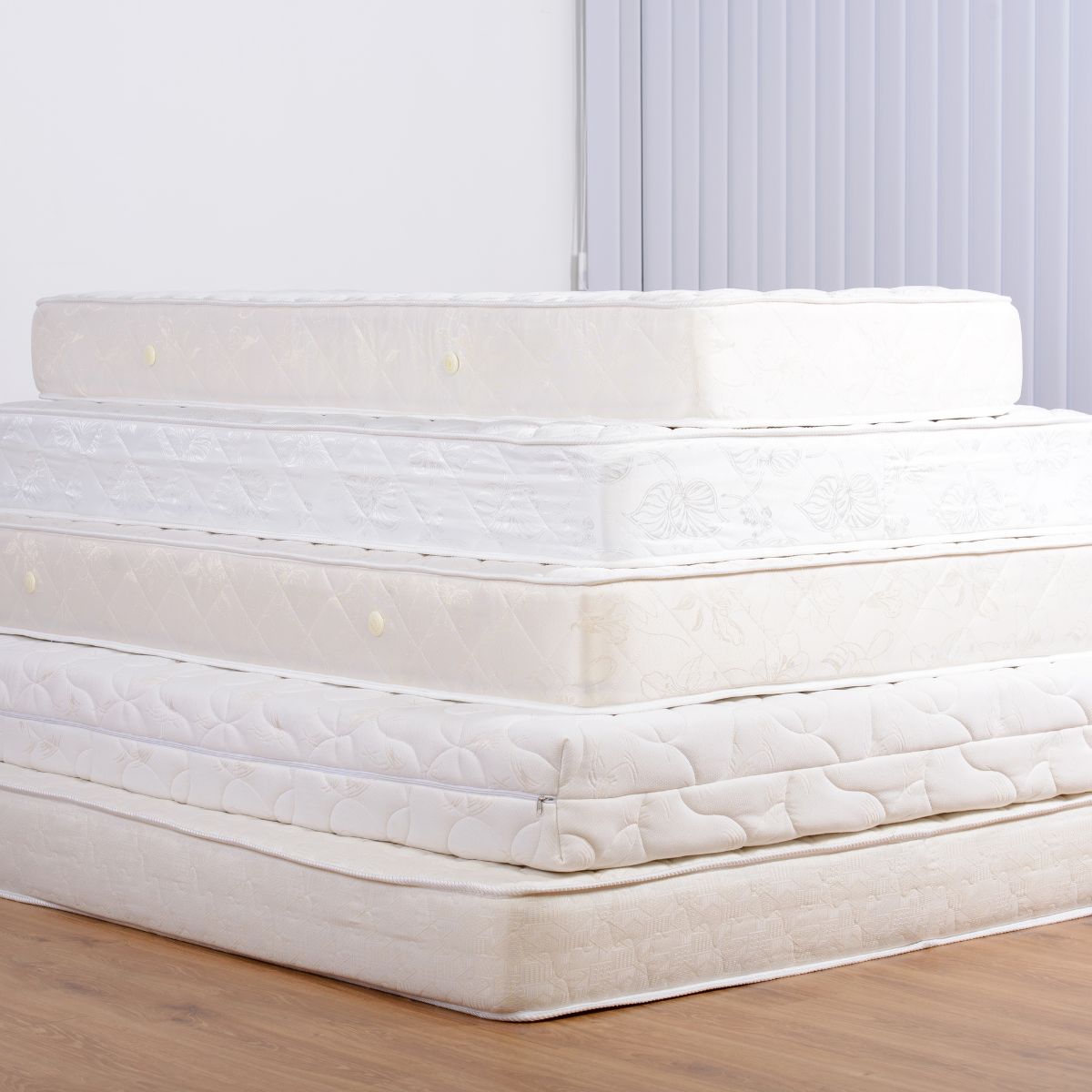
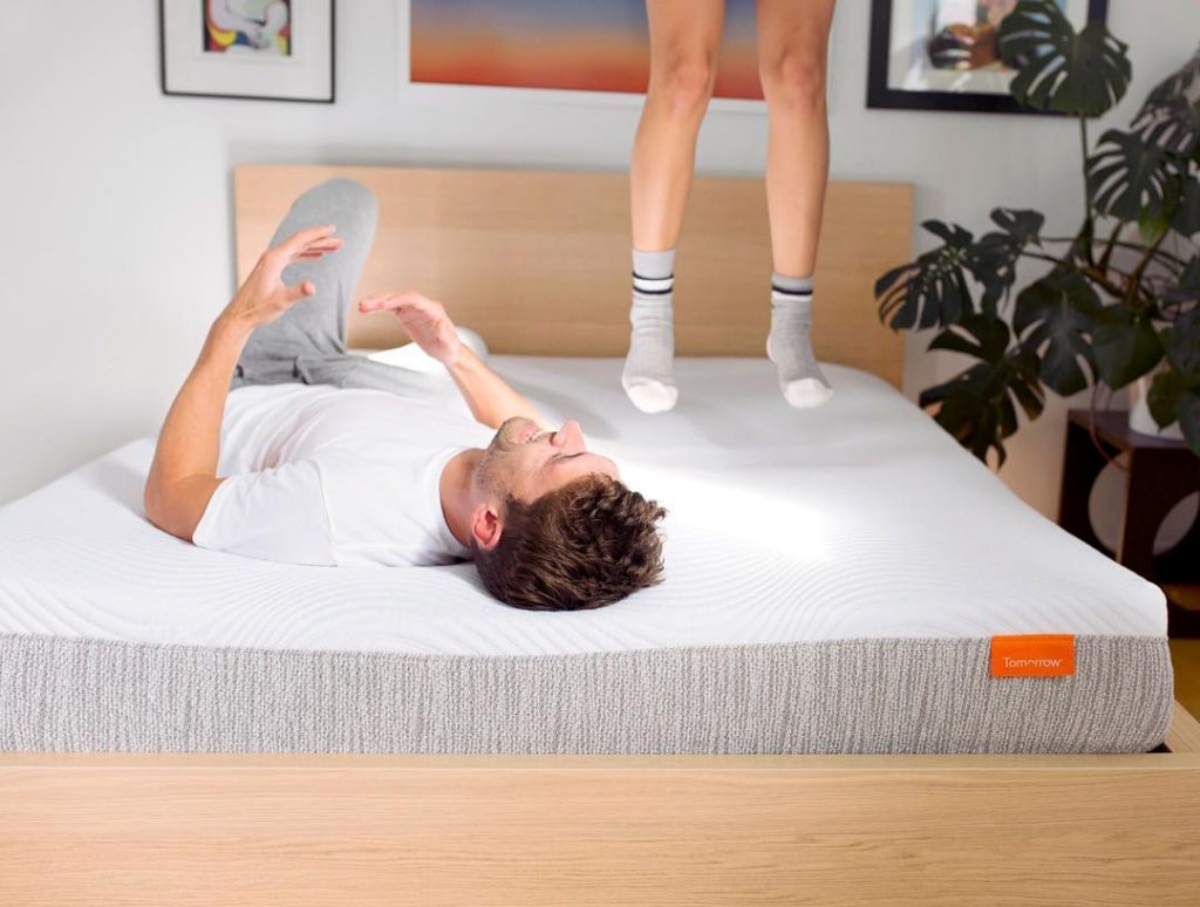
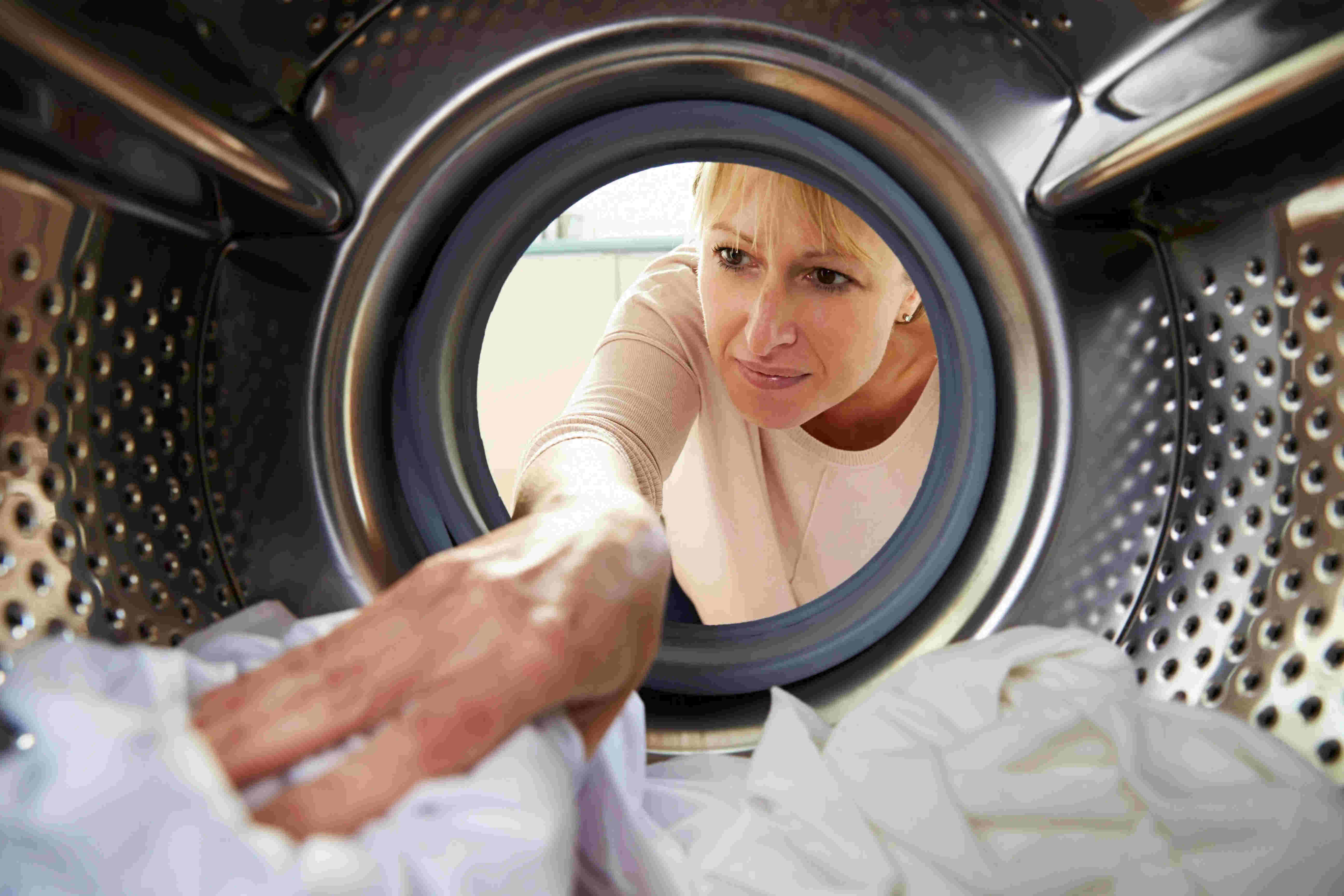
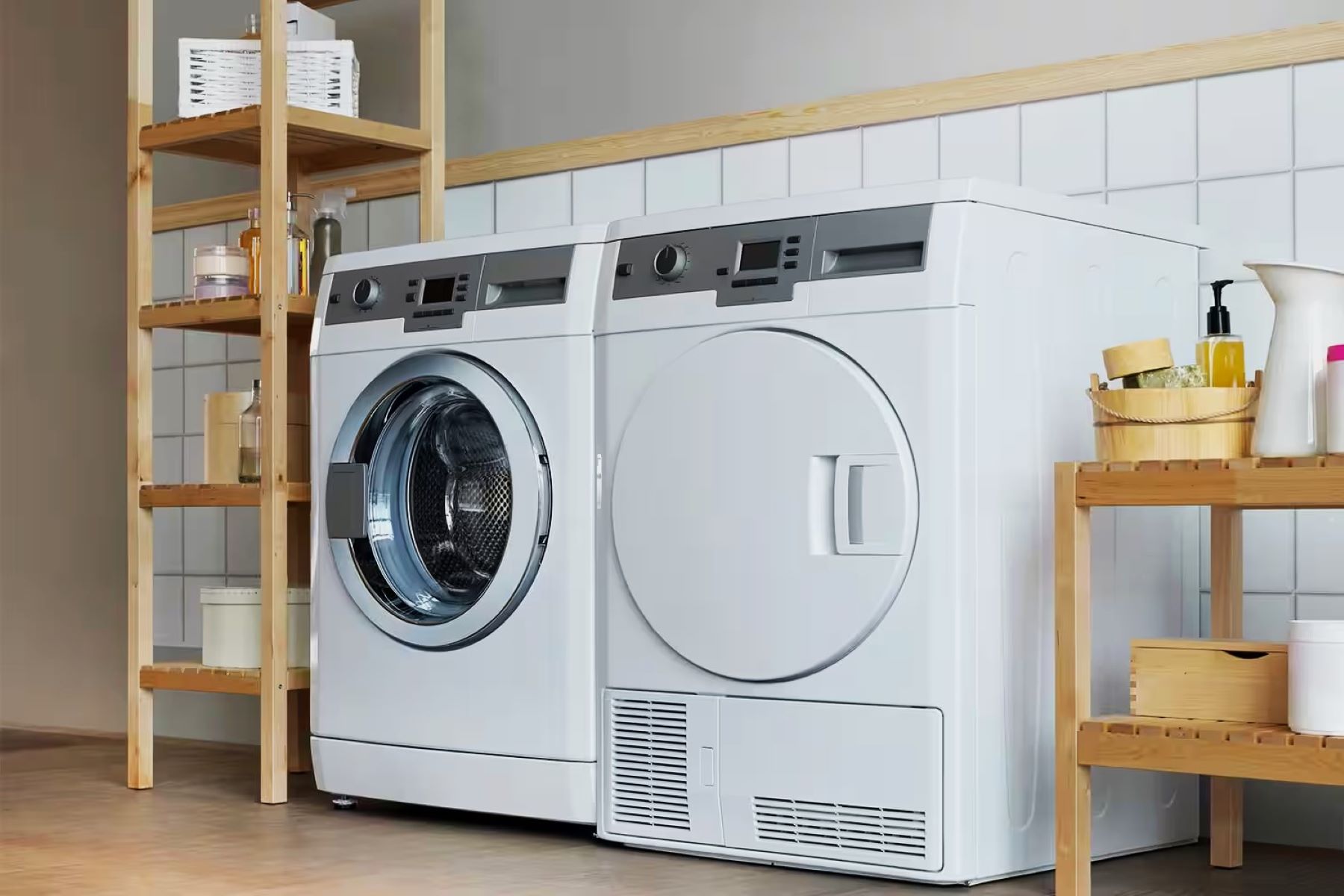
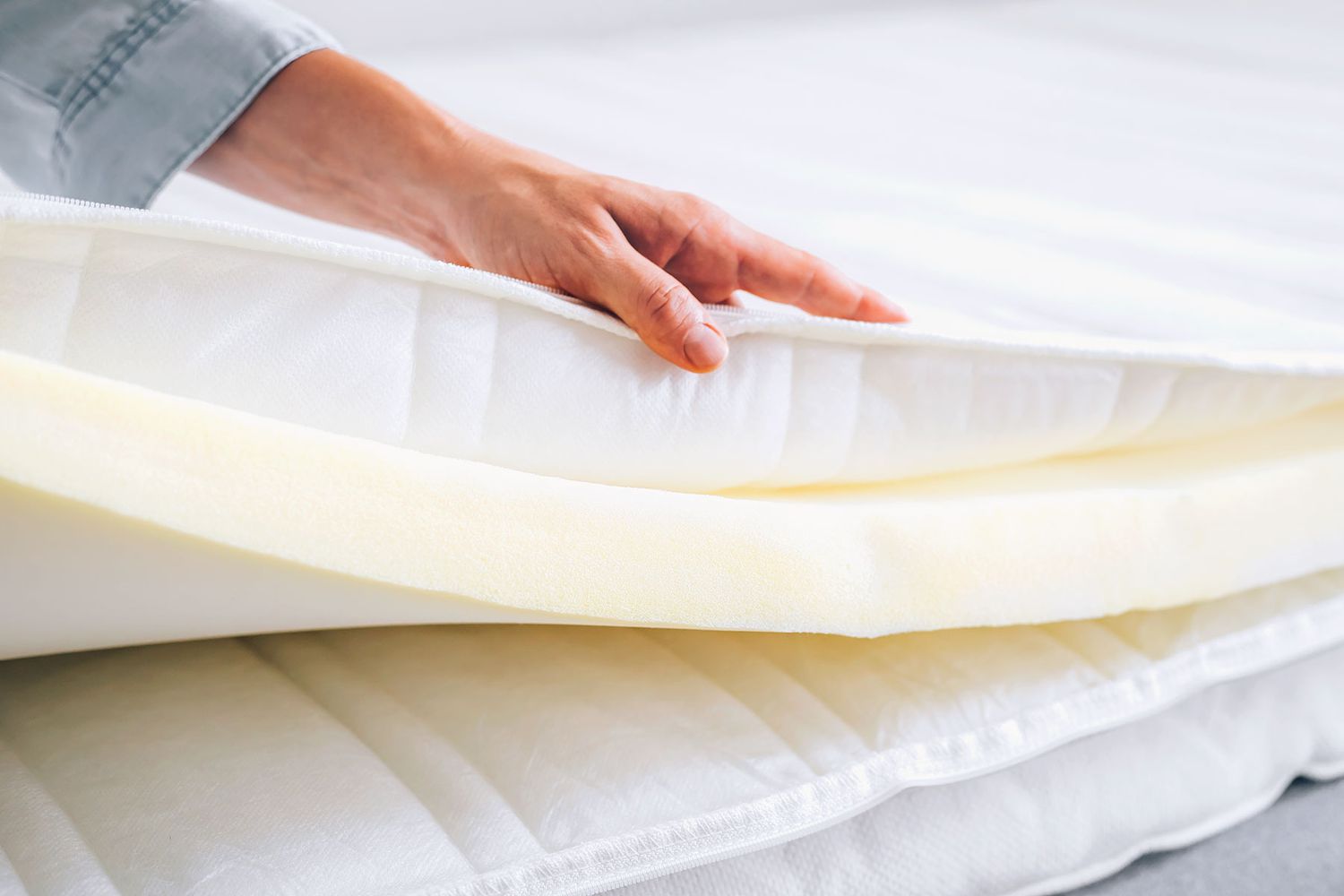
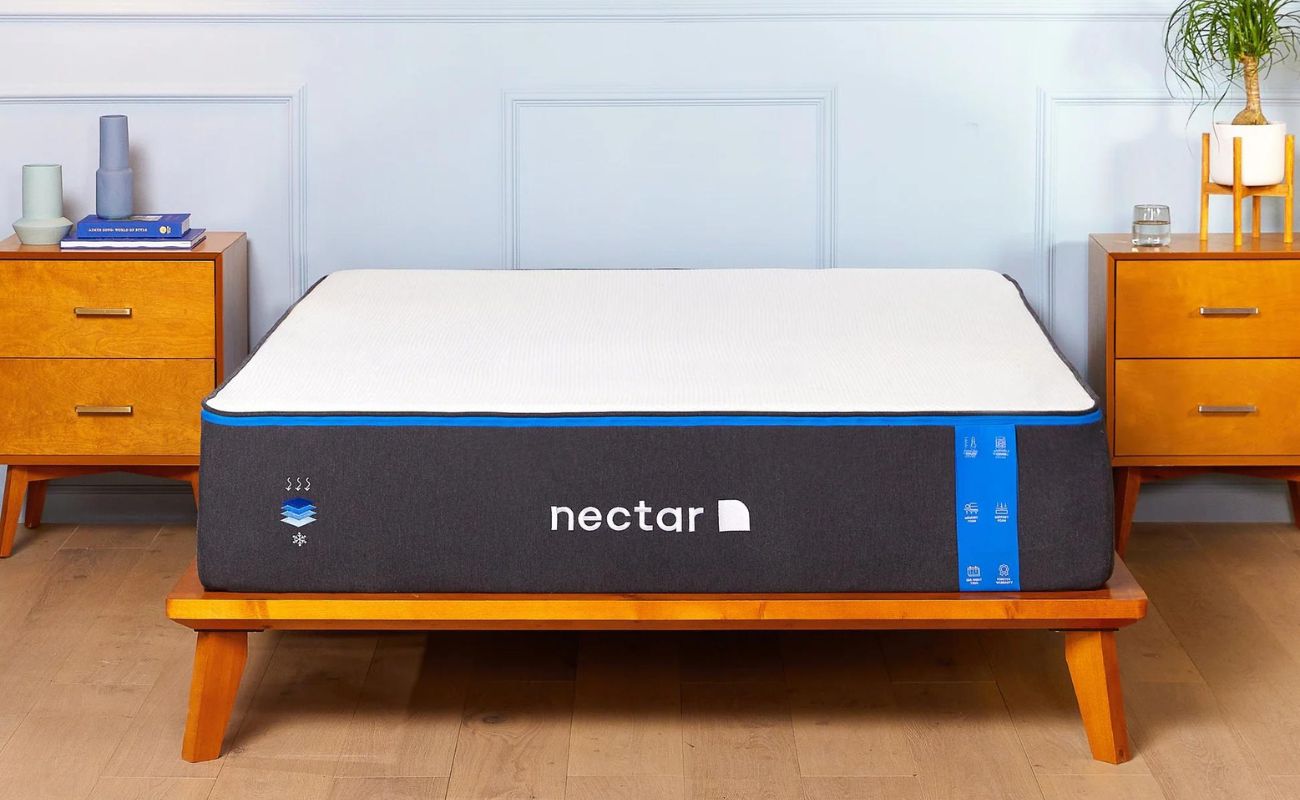

0 thoughts on “Can You Shampoo A Mattress? Experts Respond To The Technique”